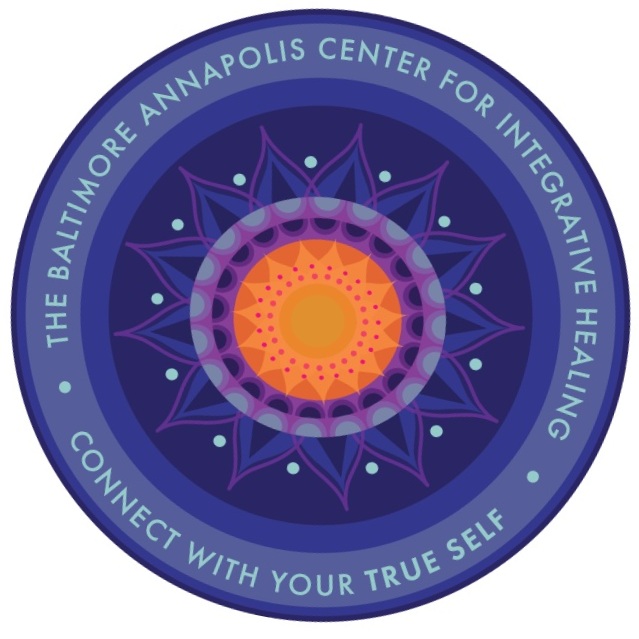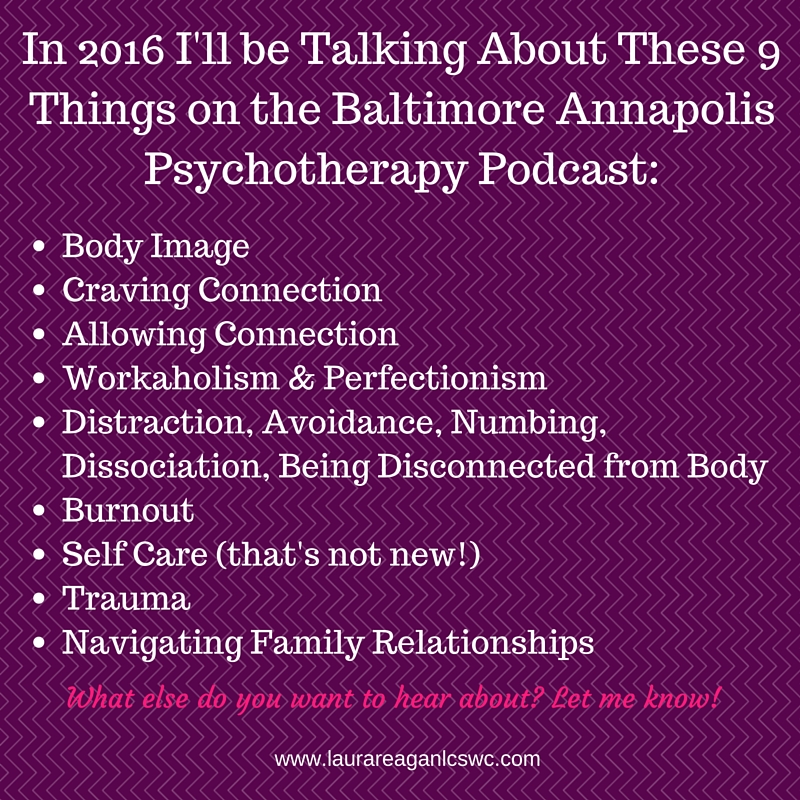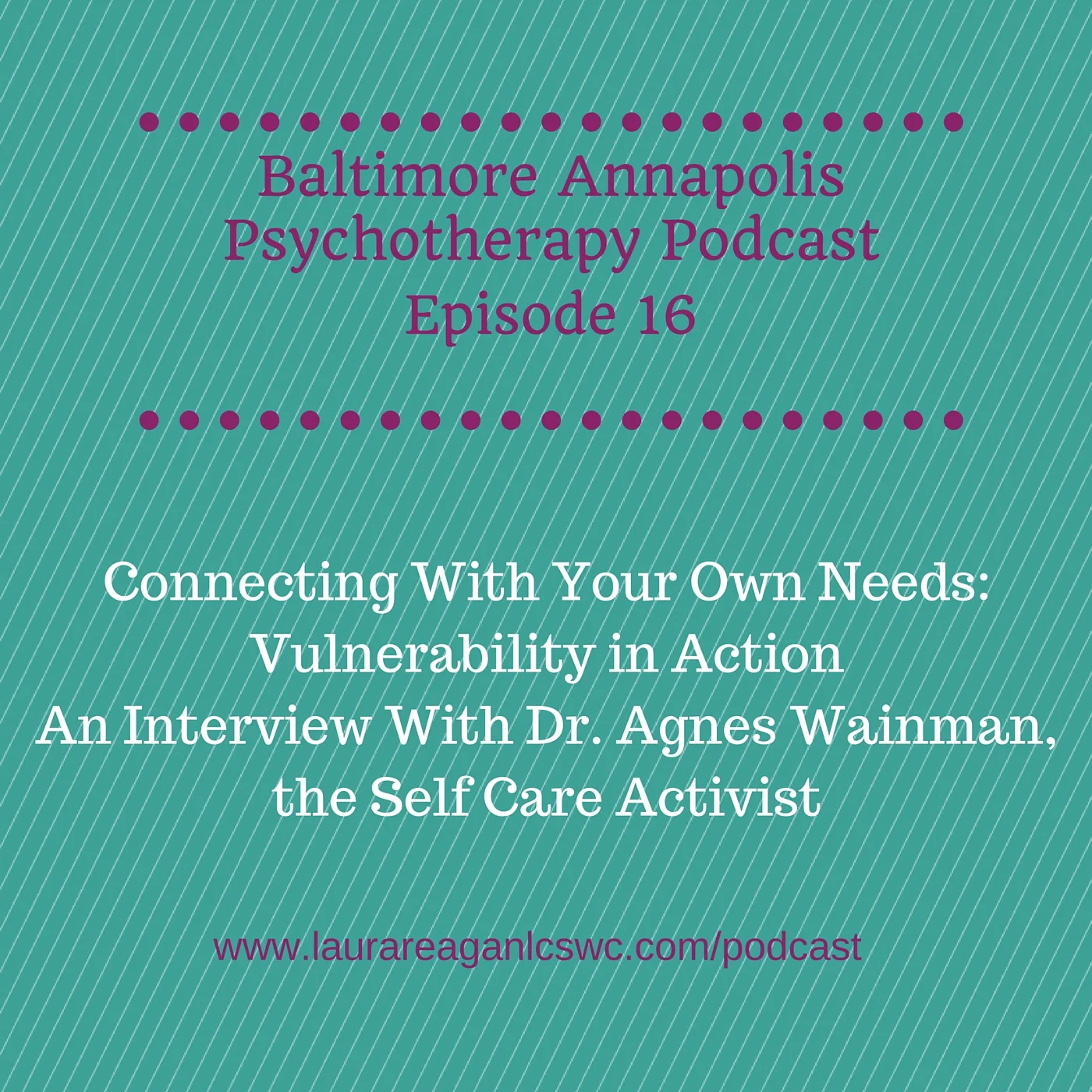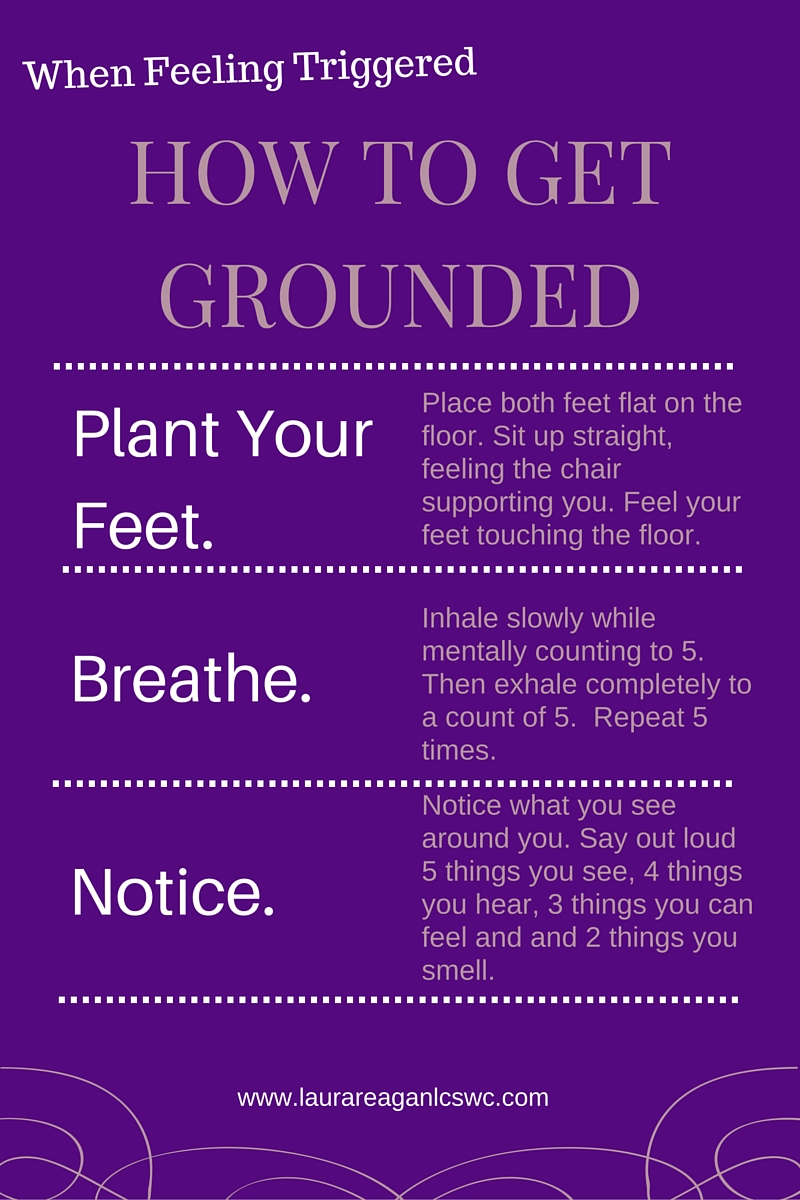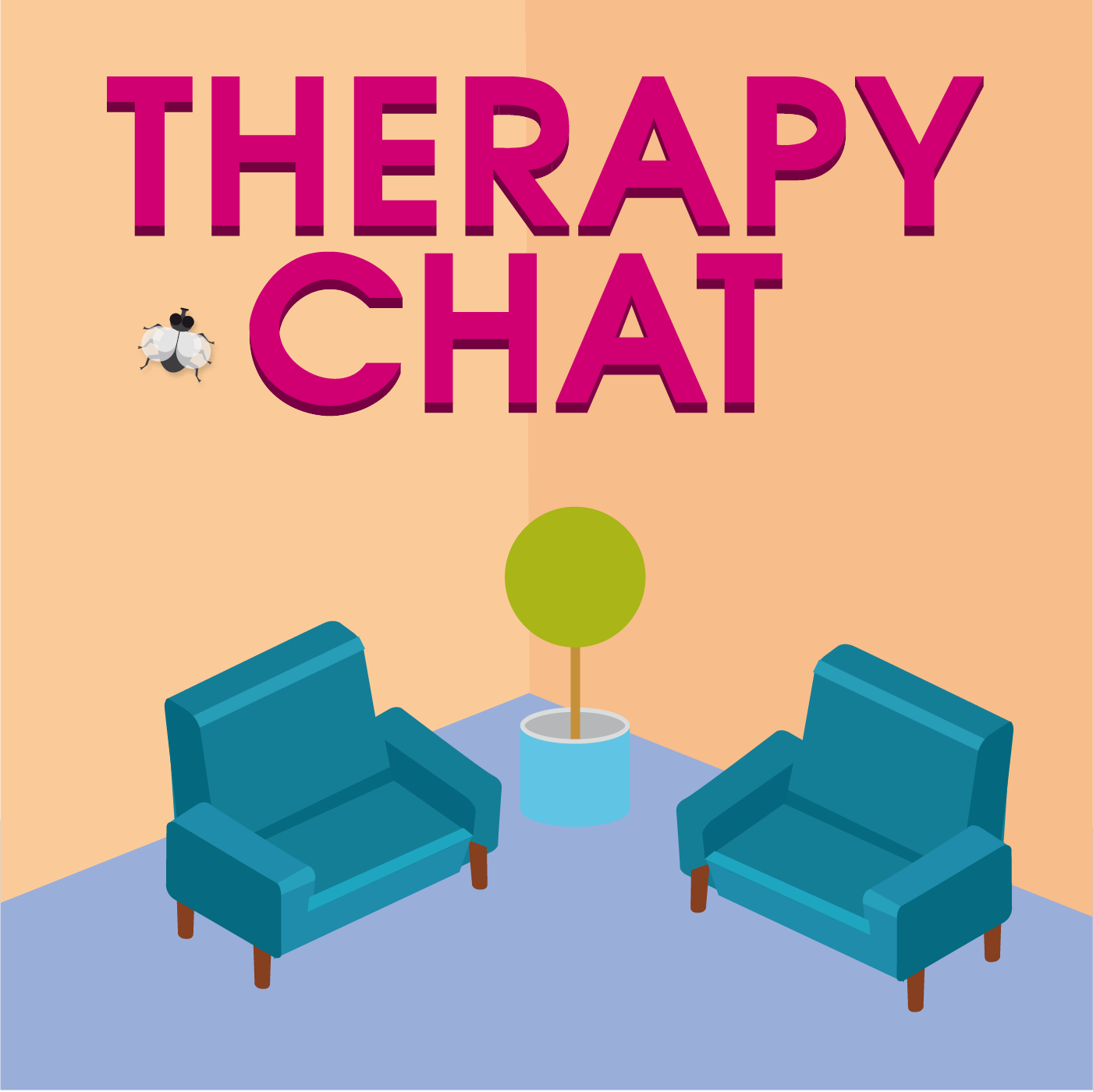I'll quote Martin Luther King, Jr. who said, "Darkness cannot drive out darkness. Only light can do that. Hate cannot drive out hate. Only love can do that." Our discussion about terrorism and violence in general tends to be overly simplistic. We break it down into "good guys" and "bad guys." There are no good guys and bad guys! There is just us! We can do good things and we can do bad things.
We look at people who do bad things with disgust and wonder how they can be so cruel. Are they just bad people? Maybe they were born bad. How can they hurt others and seemingly not care? How can they be so heartless? It would seem that people who commit acts of terrorism actually take pleasure in hurting others, torturing them and seeing them suffer. This is incomprehensible to most of us.
Yet some voices call loudly for vengeance, saying the only way to solve the problem of terrorism, to keep us - the good guys - safe, is to blow 'em up! Nuke 'em off the face of the earth! Or capture them and torture them until they admit who their leaders are so we can kill them! Harsh, yes, but they deserve it for what they've done to the good guys! Bad guys deserve what they get! We hear a lot of bloodthirsty cries for justice - swift and deadly. I'll be clear that these are not my views. I feel that anyone who hurts someone else should be held accountable with a justice process that is fairly and evenly administered. However, violence begets violence. If we react with vengeance instead of understanding the cause of the behavior and addressing that, we do not resolve the problem.
Often people who use violence and vengeance to express their pain use their interpretation of religious directives to justify hateful and destructive behavior toward various groups based on ethnicity or culture. We, the good guys, know this is wrong. But Xenophobia (defined as fear of what is strange or different) tends to be our knee-jerk reaction. How is that any different from the attitudes driving terrorists?
Then what's the answer? Or is it hopeless?
The opposite of this hatred and fear is empathy and compassion. What if we believe that the people who commit acts of terrorism and violence are human beings like ourselves who feel justified in their actions? What if they think their behavior is justified because of their own desire for vengeance related to some hurt and pain they feel? What if we could look at the conditions that create whole groups of people who fear and hate other groups of people and address the underlying causes? I know that sounds complicated but it really isn't as hard as it seems.
Sociologists and other human behavior researchers have been studying the causes and solutions to these issues for years. What if we looked at the causes of violence, oppression, racism, misogyny and actually addressed the underlying reasons for those attitudes and behaviors? What if we looked at each other as fellow humans, regardless of what makes us different from one another? Could we live more peacefully, feeling safer and having more freedom and ease if we were able to consider that everyone else is doing their best in a given moment? I'm no better than you and you're no better than me. What if we are all equally worthy of love, acceptance and approval? Because, whether or not we believe it, it's actually true. As humans, no one is better, and no one is less than another. How might things be if we lived this way?
Wanting everything to be okay
As for feeling that we need to have some reassurance that we will stay safe and that nothing bad will happen to us or the people we love, we don't get that. There is none. Bad things will happen. We will hurt. And we will get through them and we can be okay.
I used to believe that a good life is one in which I would always be happy, or at least content, and nothing bad would happen to me. I still want to believe that I can get through life feeling safe from pain and most importantly, that I won't lose the people I love. I don't know if any of you have felt this way. I know I'm not alone in the feeling. But I don't feel this way because it's how life is, or how it's supposed to be.
I feel this particularly deeply because of the fact that in my early years I did experience loss of people who were most important to me. It took a long time for me to process how these losses affected me. So the worry about losing the most important people in my life comes from that early experience. Now that I know that and now that I've processed the pain of that loss, I can live in the reality that nothing is certain. No matter what I do, there is really no way to insulate myself from the possibility that I might lose the people I love.
In some small ways, my children growing up can be an experience of loss. It's a process of losing the close connection we've had their entire lives. It is tempting to try to hold on to them in a way that prevents them from becoming independent adults, to serve my own desire to feel connected and loved. But that's actually not healthy for them or for me. Being conscious of that feeling of wanting to keep them close to fulfill my own needs keeps me in check, and I set boundaries on my role in their lives to create a healthy relationship. Setting boundaries (defined as what's okay and what's not okay with me) isn't just a one time thing. As we all grow, the boundaries are re-drawn. The relationship isn't static, so the boundaries must change too.
So how do we live with the reality that we can't possibly prevent every bad thing from happening, no matter what we do? How do we go through life and be okay, even when something bad can happen that might take us by surprise? Well, one way to do it is to live your life worrying about every possible risk and taking steps to avoid it. I wouldn't recommend this strategy since it could eventually make you feel afraid to leave the house with no one wanting to be around you because you worry so much you make everyone else nervous.
